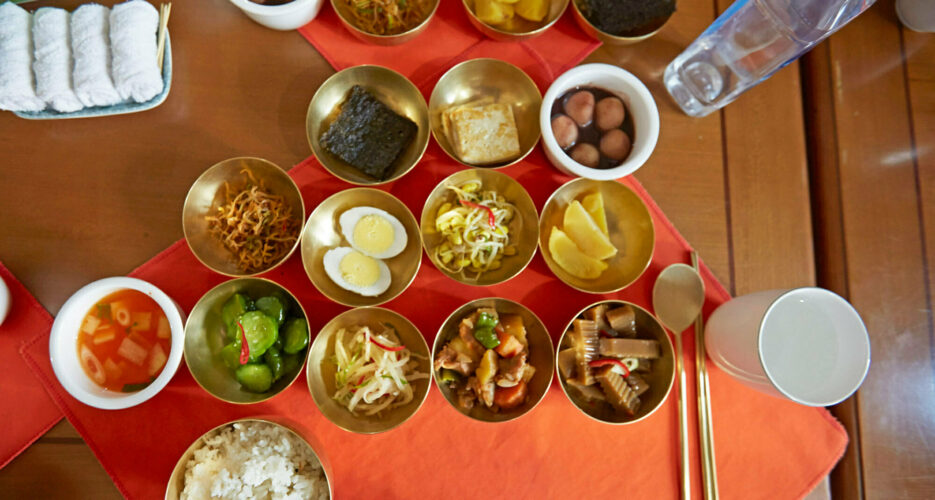For many generations, a slab of meat on most East Asian dinner tables was a sign of wealth for families, who would normally have no choice but to opt for vegetables and grains over a greasy pork loin. But that has changed in the last century or so as countries developed into greater economic powers, with North Korea consuming more animal protein starting around 2005.
Now, newly-discovered statistics suggest that North Koreans also began to eat more meat during the first years of Kim Jong Un’s rule — a reminder of how North Korean economic reforms yielded significant success back in the early 2010s.
For many generations, a slab of meat on most East Asian dinner tables was a sign of wealth for families, who would normally have no choice but to opt for vegetables and grains over a greasy pork loin. But that has changed in the last century or so as countries developed into greater economic powers, with North Korea consuming more animal protein starting around 2005.
Now, newly-discovered statistics suggest that North Koreans also began to eat more meat during the first years of Kim Jong Un’s rule — a reminder of how North Korean economic reforms yielded significant success back in the early 2010s.
Try unlimited access
Only $1 for four weeks
-
Unlimited access to all of NK News: reporting, investigations, analysis
-
Year-one discount if you continue past $1 trial period
-
The NK News Daily Update, an email newsletter to keep you in the loop
-
Searchable archive of all content, photo galleries, special columns
-
Contact NK News reporters with tips or requests for reporting
Get unlimited access to all NK News content, including original reporting, investigations, and analyses by our team of DPRK experts.
Subscribe
now
All major cards accepted. No commitments – you can cancel any time.













